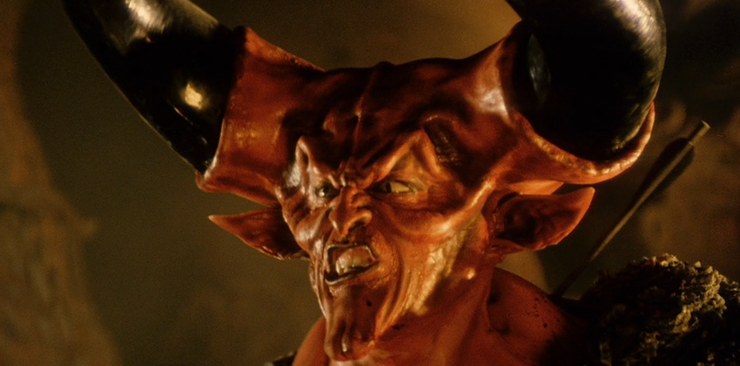
This is an editorial piece. The views and opinions expressed in this article are those of the author and do not necessarily represent the views and opinions of, and should not be attributed to, Niche Gamer as an organization. We also know that’s not Diablo in the thumbnail/header image, but the glorious Tim Curry.
Outrage. It’s older than the internet, but became a lot more common once we all had access to it.
The only thing more annoying and disruptive than internet-based outrage is when gaming journalists get outraged at that outrage, and write anti-consumer, elitist screeds lambasting the peasantry for daring to refuse the products forced onto them by billion dollar corporations. Very progressive, isn’t it?
This week’s outrage is over Blizzard’s announcement of the next chapter in the famed Diablo series, a mobile game going by the name of Diablo Immortal, and the community’s rather chaotic and critical response to it.
You know the drill by now. The usual talking heads pop out from behind the windows of their ivory towers, proclaiming how the unwashed citizenry are a bunch of entitled manbabies who don’t know what’s good for them.
They even managed to somehow connect the ongoing hatred of mobile games to hatred of women, and feign concern for the poor suffering programmers who make nice salaries that don’t deserve to have their work criticized in any form whatsoever.
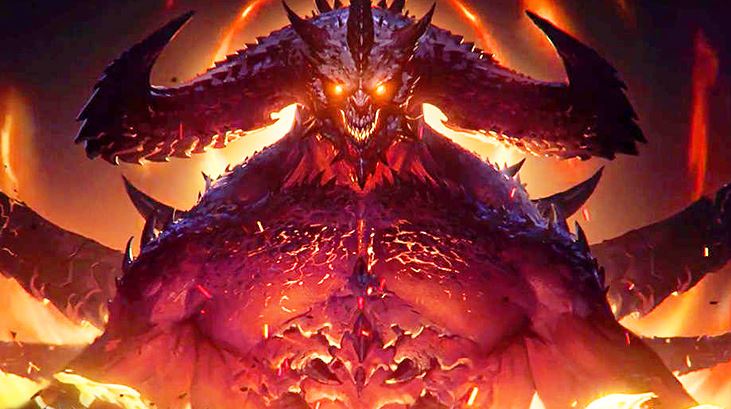
First of all, to understand the anger behind Diablo Immortal’s announcement, you need to understand who the typical Diablo fan is.
Diablo was released in December of 1996. Those who played the game, even as teenagers ignoring the ESRB’s 17+ age requirement on the box, are now in their late 30s and now exist as incredibly savvy, educated consumers that understand the gaming hobby more than anyone else.
They grew up at a time when gaming on the PC went from dark-roomed, shameful nerd past time to the chosen hobby of a new counter-culture that became so influential it developed its own terminology, icons, and even its own flag.
When you think about gamers, you’re thinking about those old folk who spent their formative years during the 1990s hunched over their desk, sweating over a plastic mouse and tapping a noisy mechanical keyboard.
I was one of them, a 21 year old geek when Diablo hit my local Software Etc’s shelves. I fell in love with the game just as they did, and I experienced my first online RPG thanks to Blizzard’s demonic hack-n-slasher. It was a memorable, and sometimes scarring experience.
It shaped me, and no doubt shaped those young men and women who played it. Diablo was, much like Doom and Pac-Man before it, a game that forever altered the gaming landscape and changed what we expected a video game to be. The sequel did this even *more so*.
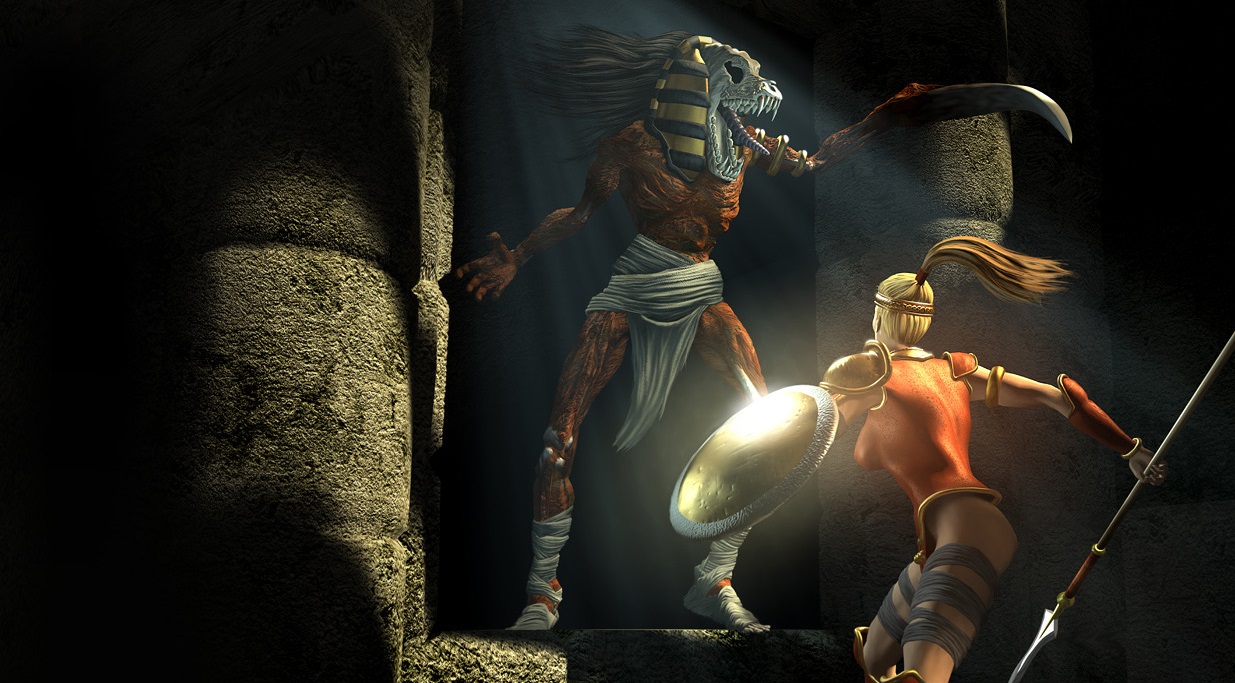
My point is, your average Diablo fan is an older gamer who is keenly aware of what is being sold to them and why. They have experienced more than two decades worth of game industry drama, and became better consumers because of it.
So, naturally, when they are being sold something that is a bastardization or betrayal of the standards set by the hobby, or a half-hearted cash grab meant to steal people’s money, they don’t waste time in calling out the developers for it.
Now true, most of us older folk don’t like mobile gaming and consider it a “dirty word”, but there’s a reason we do. Mobile gaming is notorious for producing some of the most bland, cookie-cutter, copy-and-pasted cash grabs the hobby has ever played host to.
Granted, there are good examples of mobile titles, such as the Xenonia series or Exiled Kingdoms, but a sizable portion of the platform’s titles are China-developed, micro transaction infested trash.
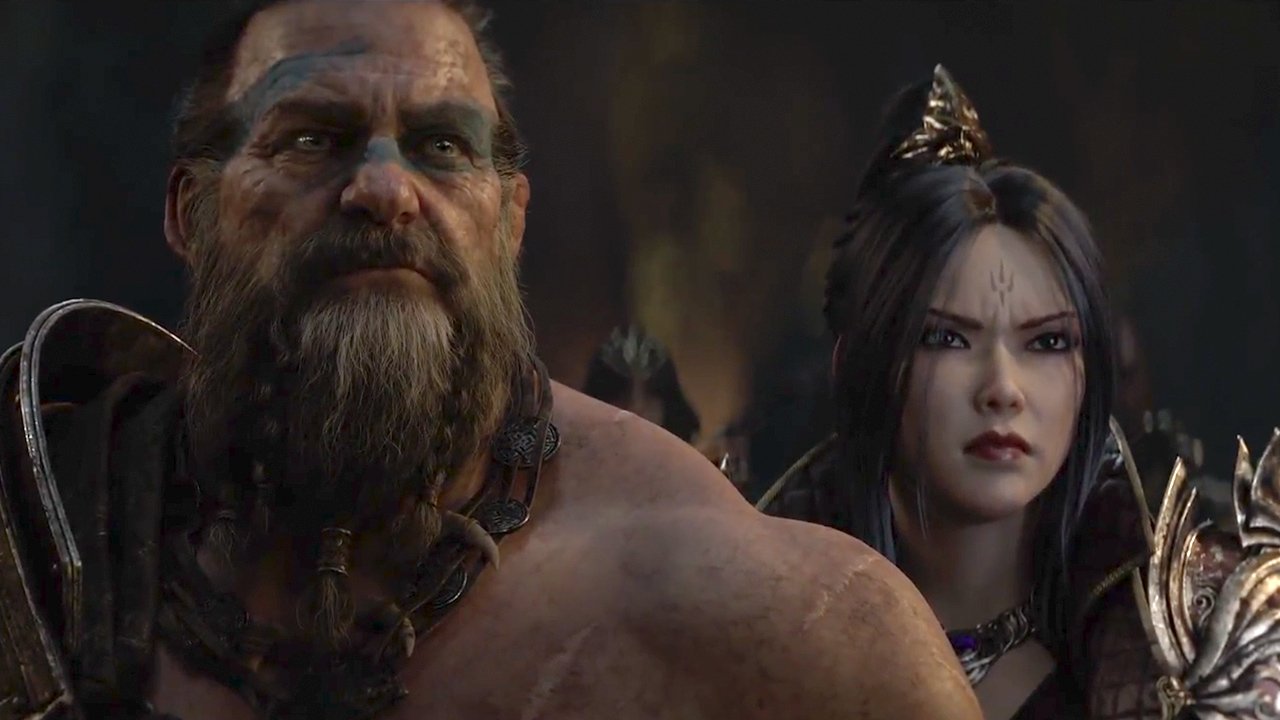
Those upset at gamer’s rejection of Diablo Immortal use the argument that “This game will be different”, but is it? The developer, Net-Ease is a Chinese mobile developer known for asset recycling. Not a good sign.
They also borrowed the same user interface from previous games to use in this new Diablo title. Also not a good sign. Tile sets, animations, and special effects all recycled from the developers other games? That’s disappointing as well.
Freemium, micro-transaction filled games? Net-Ease’s games all follow that path.
If the first new game in six years for one of the hobby’s most important and influential intellectual properties is a lackluster, copy-pasted mobile game made by a questionable developer known for low-effort RPGs, you shouldn’t expect fans to jump up and cheer for it.
On the other hand, I think fans would have been more forgiving and accepting of Immortal’s announcement if Blizzard had any goodwill left. The problem with [current year] Blizzard is that they’ve completely lost all of their free passes thanks to their abrasive, antagonistic behavior towards their fans and the communities that support their games.
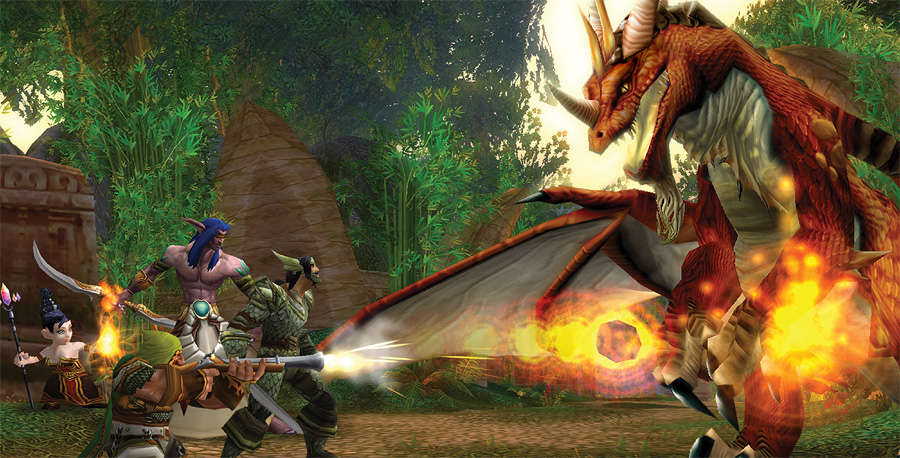
At one time, Blizzard was known for the polish of their titles. Nowadays, they’re known more for stepping on the toes of their fans, and this loss of fan trust is a huge part of why the game’s reception has been so chaotic. Just look at the horribly anti-consumer, anti-fan decisions they’ve made over the past decade.
They killed a fan-made vanilla World of Warcraft and replaced it with their own paid version, tried to force people into using their real names through the ridiculed “Real ID” system, made online play mandatory for Diablo III, dared to put a real money auction house in their flagship game, and created a PR disaster with the whole “Tracer’s butt pose in Overwatch” debacle.
I think there’s a reason Micheal Morhaime and Chris Metzen left the company they spent almost three decades building up, and if you’re following close enough, you probably see it too.
Blizzard no longer knows what its fans want. They have lost touch with their community and other more intelligent developers are swooping in to provide the services and games that Blizzard seems to be no longer capable of creating. Blizzard isn’t just out of touch, they’ve grown disturbingly complacent.
Instead of growing with their fanbase and placating their core demographic, they resort to cheap tricks to reel in Fortnite-playing teens that spend all their time on the phones. Which as I just got done saying, wouldn’t need to be done if they hadn’t burned all of their good will with their fans through their anti-consumer practices.
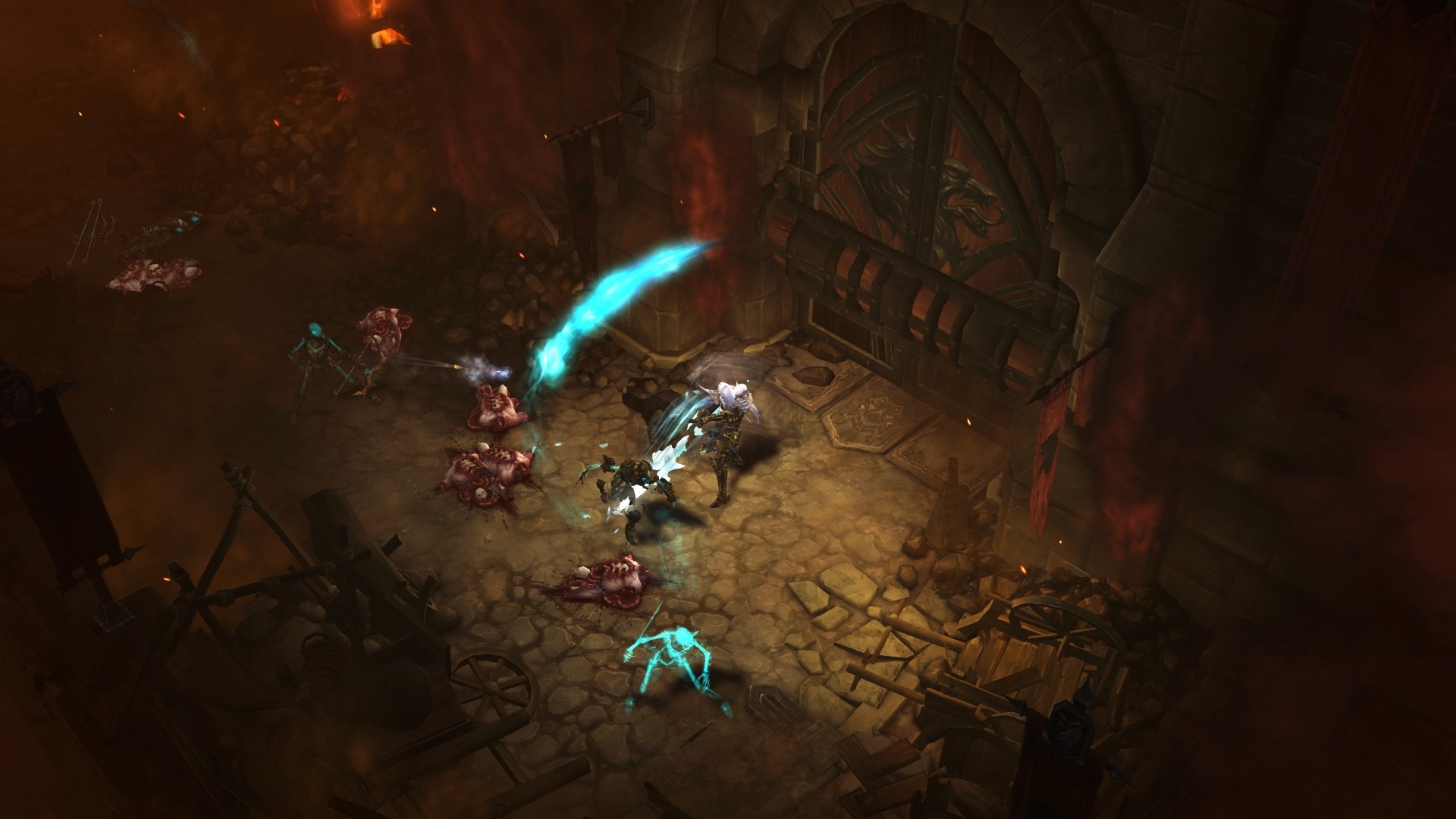
Let’s be serious for a second. I love Diablo III, but it’s not the game it should’ve been. I have a console and PC copy of it installed, both with characters leveled up to Paragon 400-or so, but it’s not my main action RPG.
Putting it in terms any adult could understand, Diablo is the old, pajama-wearing, crows-feet-afflicted, comfortable housewife we’re stuck in a marriage with, while Path of Exile is the young, sexy, 20-year old secretary we go meet on the weekends for wild sex. Blizzard just doesn’t do it for most of us anymore, and this year’s disastrous Blizzcon proves that.
Game journalists call this being entitled. It’s the one insult they never get tired of repeating, even if it seems awfully hypocritical coming from west coast hipsters that, when something doesn’t involve gaming, they’re extraordinarily quick in bitching about until they get their way.
The whole concept of “gamer entitlement” feels so odd to me. Notice that any time the game community becomes upset at something, they are accused by game journalists as being entitled. I suppose a consumer being unhappy at a product they purchase no longer accommodating their needs is a bad thing?
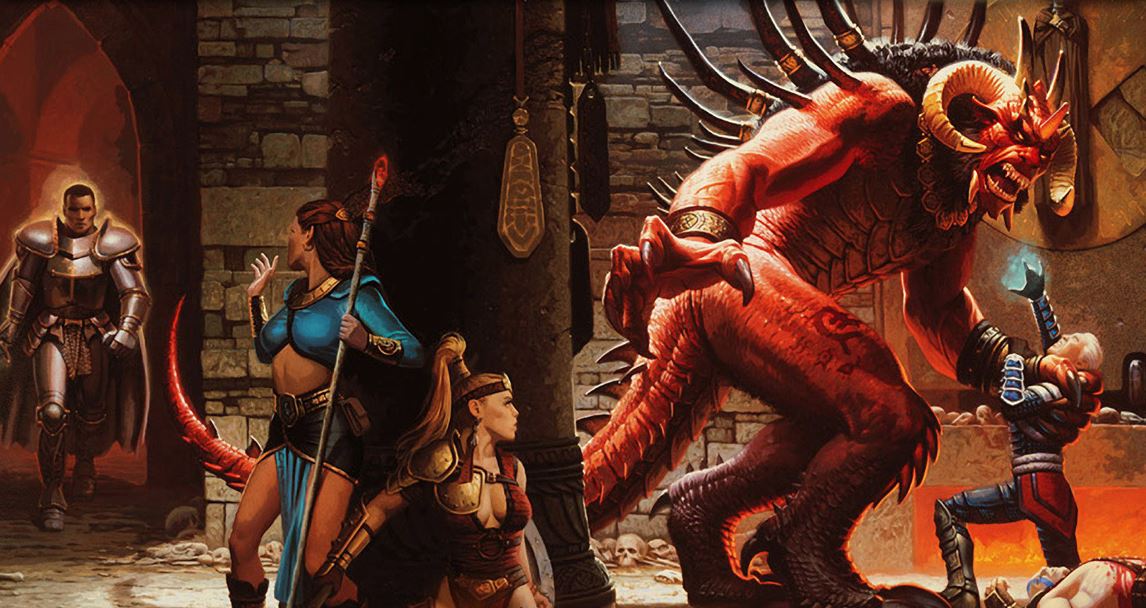
This anti-consumer attitude some game journalists have also strikes me as funny, since I’m sure if these same people found out their local Whole Foods store required a doctor’s note proving you have celiac disease before you could buy Gluten-Free noodles, they’d no doubt be quite perturbed.
It’s almost like going into a grocery store and seeing all the bananas are browning, so you complain to the manager that you want ripe fruit. Imagine if the manager then turned to you and called you “entitled” and that maybe you should learn to like over-ripe bananas if you want to continue shopping at his store.
Yet here they are, applying a totally different set of rules to the gaming marketplace for, well, reasons I’ve yet to figure out. The anger over Immortal isn’t about entitlement, as gaming journalists are so eager to claim, but instead about being cock-teased.
After all, what would you call it when they tease a Diablo announcement and in the years running up to said announcement, hiring notices on the company site seemed to point to an HD remake?
What would you expect to be announced when, after six long years and a troubled 3rd installment, a series needed a refresh and a dwindling player base demanded a sequel? Would you expect the next release to be a quickly developed mobile title by a company notorious for sub-standard mobile muck?
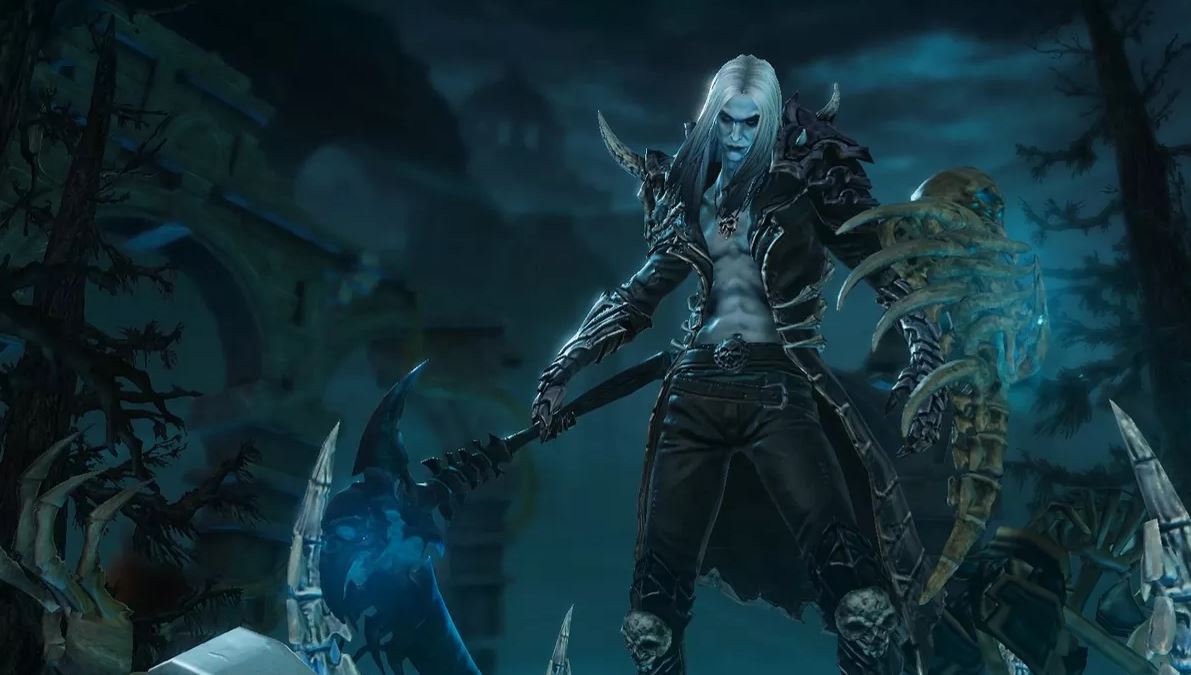
There’s legitimate reasons for the anger here, and if Blizzard is out of touch with the hobby’s fans, then other gaming journalists are a few million light years even further away than that.
If those covering the reaction took the time to examine the outrage and were a part of the hobby they are paid to write about, they’d notice that Blizzard framed and pitched Diablo: Immortal as a main entry in the series and a core product rather than just a companion or “side” piece. That right there was Blizzard’s biggest mistake in the game’s reveal.
To clarify this point, go back to when Bethesda announced Fallout Shelter. Much like Diablo, Fallout is a beloved intellectual property that has stayed relatively popular and strong for over 20 years.
It’s also one that is known for having older, pickier, harder to please RPG fans following it. Yet Fallout Shelter was universally loved and its release was met with applause and broad acceptance. Why is this? Because of timing and framing.
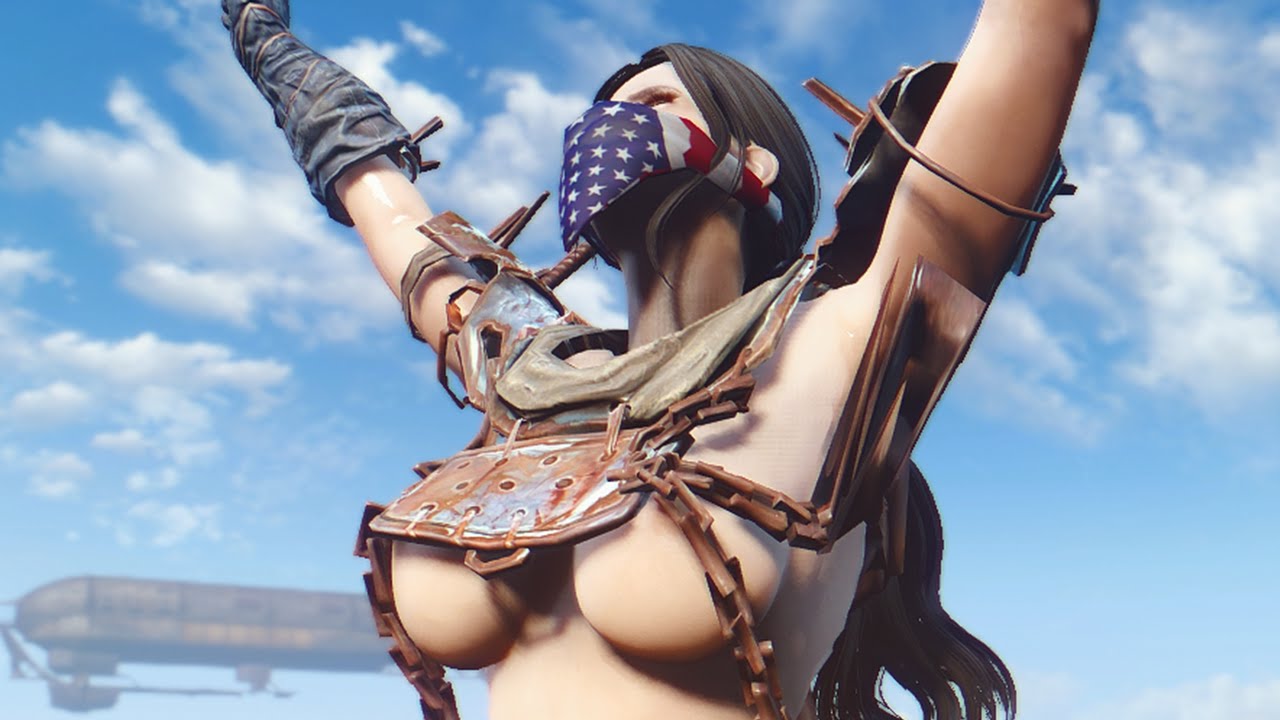
First of all, Bethesda was smart enough to know how mobile games are seen by older gamers. They knew framing Fallout Shelter as a core product – one they would lead with – would anger those who were frothing at the mouth for Fallout 4.
So, what did they do? They led with Fallout 4 first, and then announced Fallout Shelter as a companion game. They played up Preston Garvey’s appearance in Fallout Shelter and framed the game as a side story that was meant to tide folk over until the main course, Fallout 4, would hit the shelves.
Even a mobile-hating elitist like me downloaded Fallout Shelter and putzed around in it for a couple hours before I noticed I had to buy lunch boxes to get the boosts I needed and uninstalled it.
Say what you want about Bethesda, but they understand their fans and are the embodiment of the “Please some of the people all of the time” maxim.
Bethesda recently did the same trick with their mobile game “Elder Scrolls: Blades”. Notice that the announcement came after they revealed that opening shot for Elder Scrolls VI and their confirmation that it’s indeed “A Thing”.
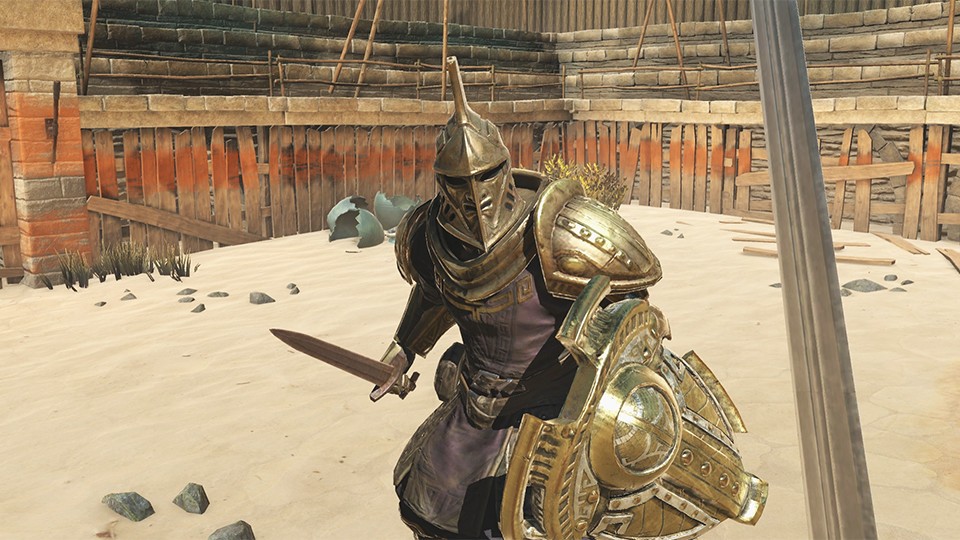
You may think a simple camera sweep of a mountain with the Elder Scrolls VI logo isn’t much to get excited about, but when you see hour long youtube videos trying to guess where the game takes place by identifying the birds and looking at the angle of the shadows to determine which side of the continent the image is from, you can see why Bethesda did that.
It kept the hardcore Elder Scrolls fanbase engaged and satisfied. It gave them something to look forward to and reassured them that “the main dish” was still being cooked, so the food being carted out to them now, the mobile game, was just a small snack and not being passed off as the entire meal. It put their minds at ease.
Blizzard, apparently run by their stockholders, didn’t get the memo on how to do this. If you want to reel in younger folk to make up for those you lost with the dumbed down mechanics present in Diablo III by making a phone game, that’s fine. The problem is that you need to, at the very least, acknowledge the basic needs of your core majority of fans or risk losing them as well.
If you don’t give the current fans what they want, you’ll have to rely on the hope that you get enough Fortnite-playing, phone-gaming teenagers to fill those newly emptied seats…and I don’t think you’ll get their attention unless you have an in-game store selling John Wick skins and bunny costumes.
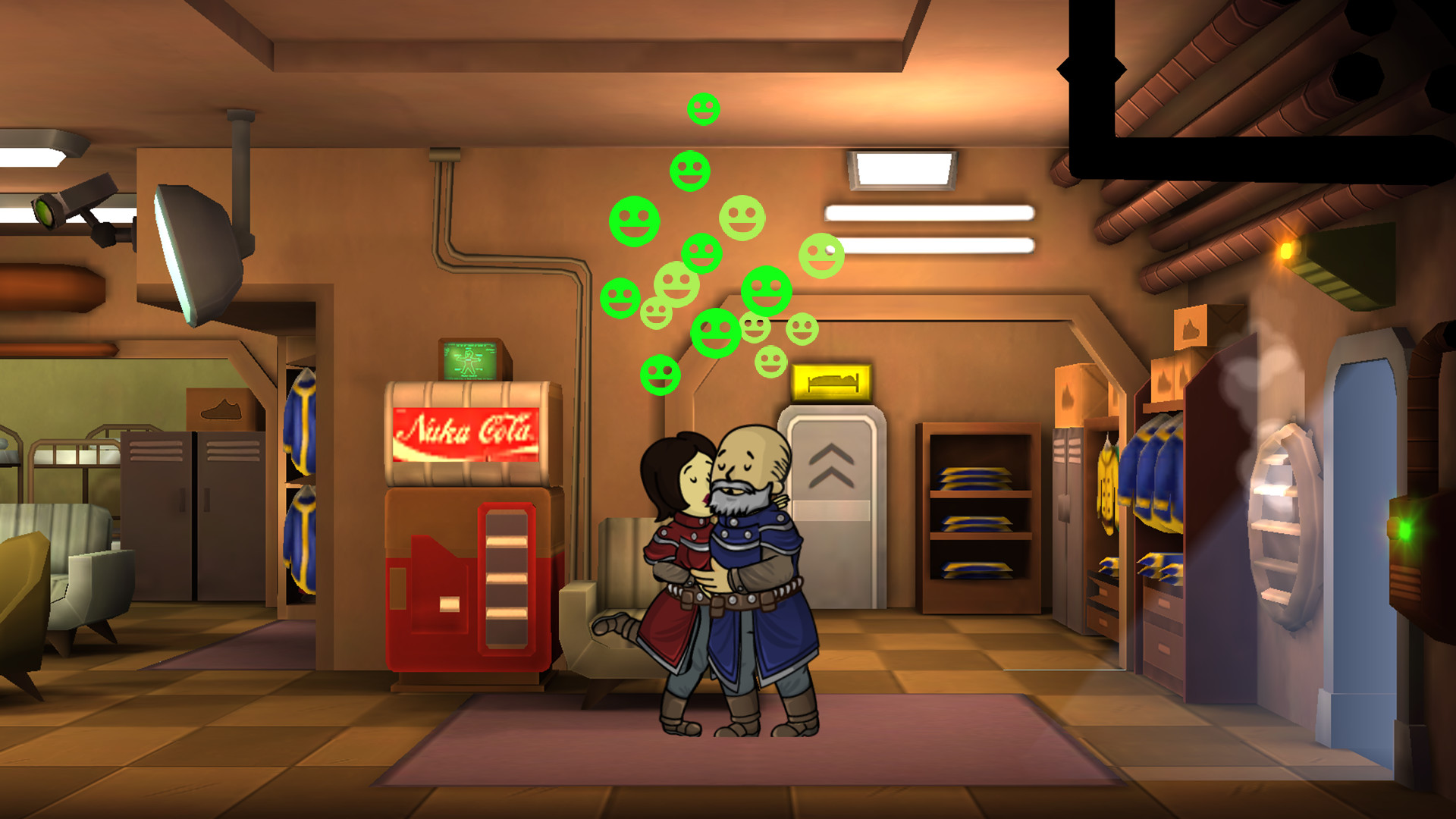
Going back to Fallout Shelter, you might notice that it’s a game you can also play on your TV. Not only can you play it on the PS4 and Xbox One, but you can download it in the Windows store and play it on your desktop computer as well.
Had this option been a part of Diablo: Immortal’s announcement, it would have blunted the shock many felt. Sure, it’d still be a mobile cash grab, but at least it would have had a console and/or PC version that curious older fans could’ve indulged in more easily.
It would have given them options. It would have made them feel comfortable. But no, it’s either play it on your phone (Or buy a tablet), or don’t play it at all.
The worst part of all of this though is how Blizzard is handling the controversy. First, they re-upload the announcement trailer three separate times to avoid all the downvoting. Then they staged a question and answer session with IGN and completely flub it by avoiding those questions entirely.
While it’s embarrassing to see Wyatt Cheng completely side step the “Is this a re-skin of other Net-Ease games” question, it’s even worse to hear him say we should accept mobile games because “We all love games”.
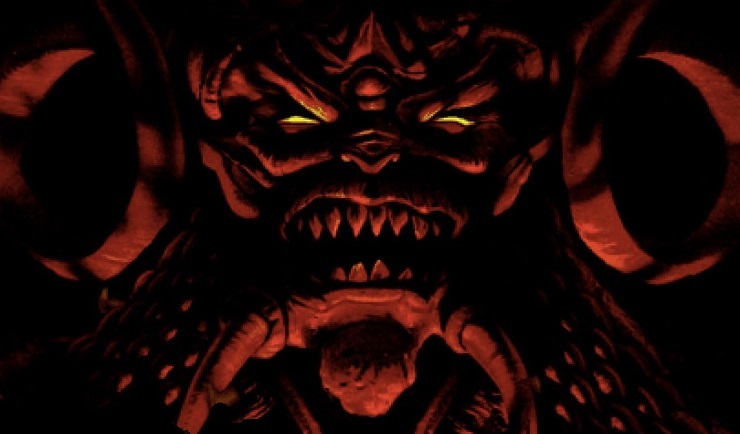
Yes, we all love games, but can you tell us why this game doesn’t have a console version? Why did you tell us to play it on a tablet, but the Switch is already a tablet? You successfully ported Diablo III to all consoles, including the Switch, so why couldn’t Immortal play on consoles as well?
Why limit this to mobile platforms when the majority of your game’s fans do not enjoy playing games on their phone? This is the one thing, above all else, that I simply cannot understand.
So as the Diablo forums play host to long threads of “Press F to pay respects” for their dead franchise, and the hashtag #NoKingRulesForeverMySon trends on twitter (The comment Blizzard erased from the top of their video comments multiple times), keep in mind that while game journalists are calling you entitled for being angry at this, Electronic Arts is celebrating because now their Battlefield screw up is no longer the most embarrassing industry event in recent memory.